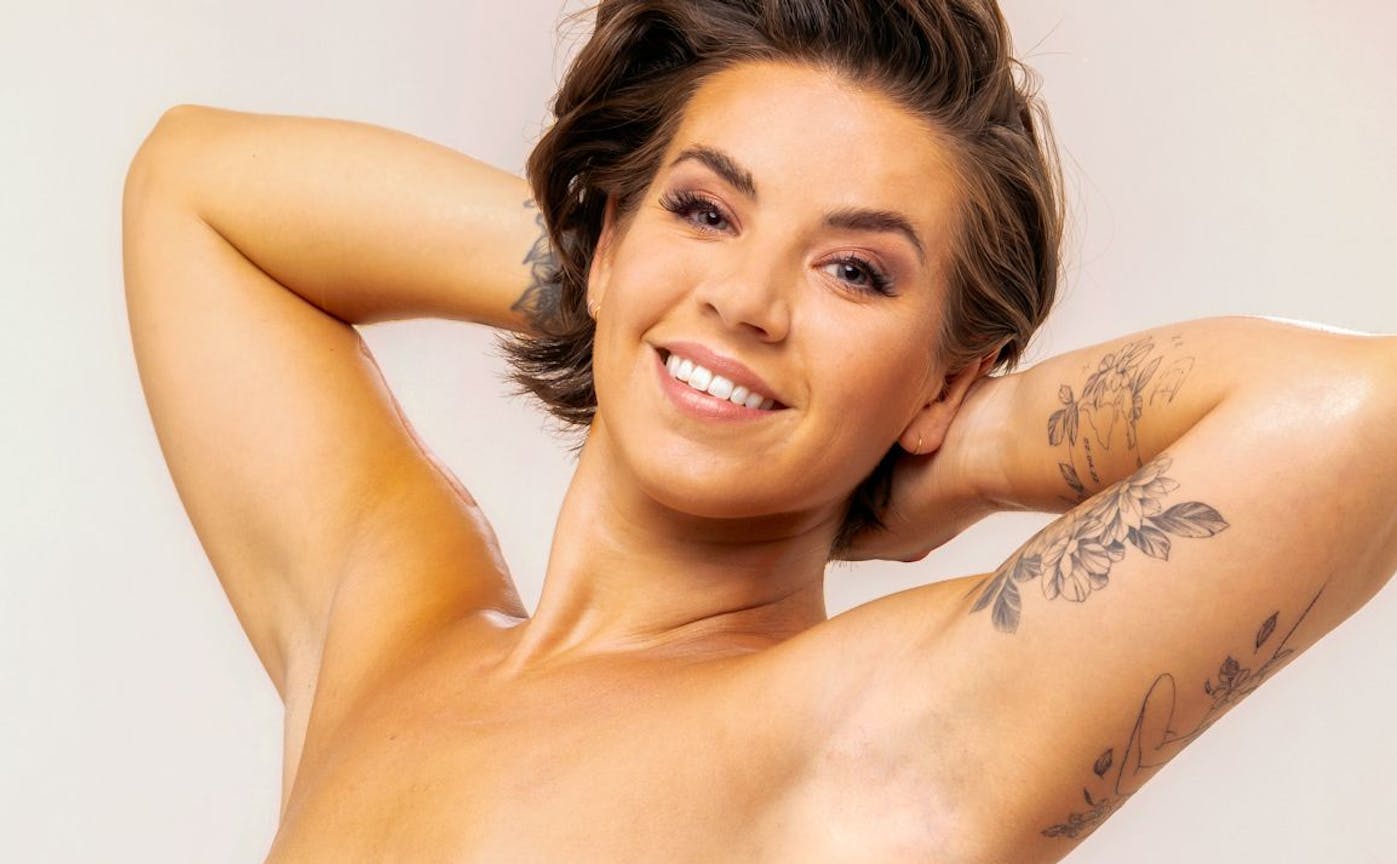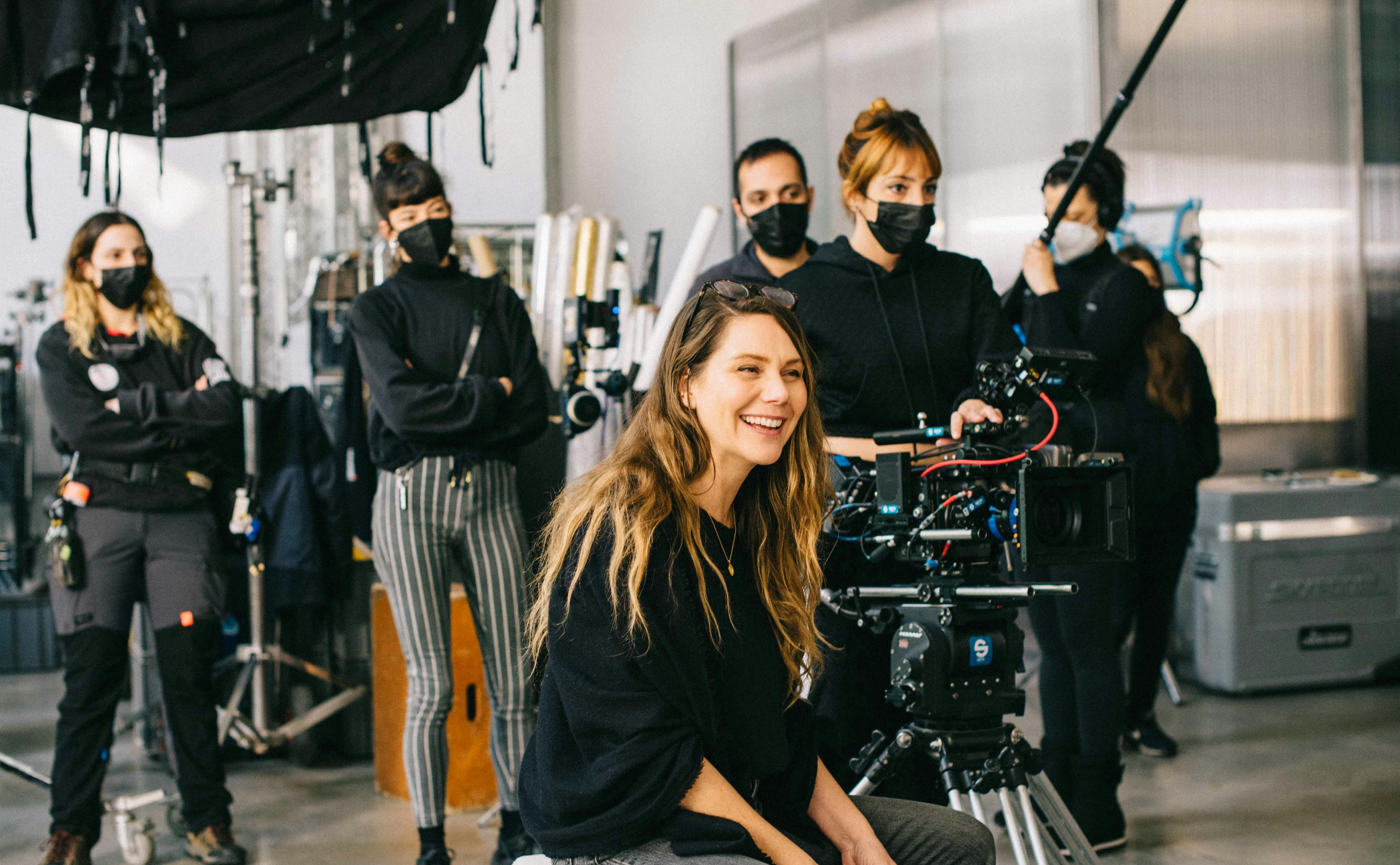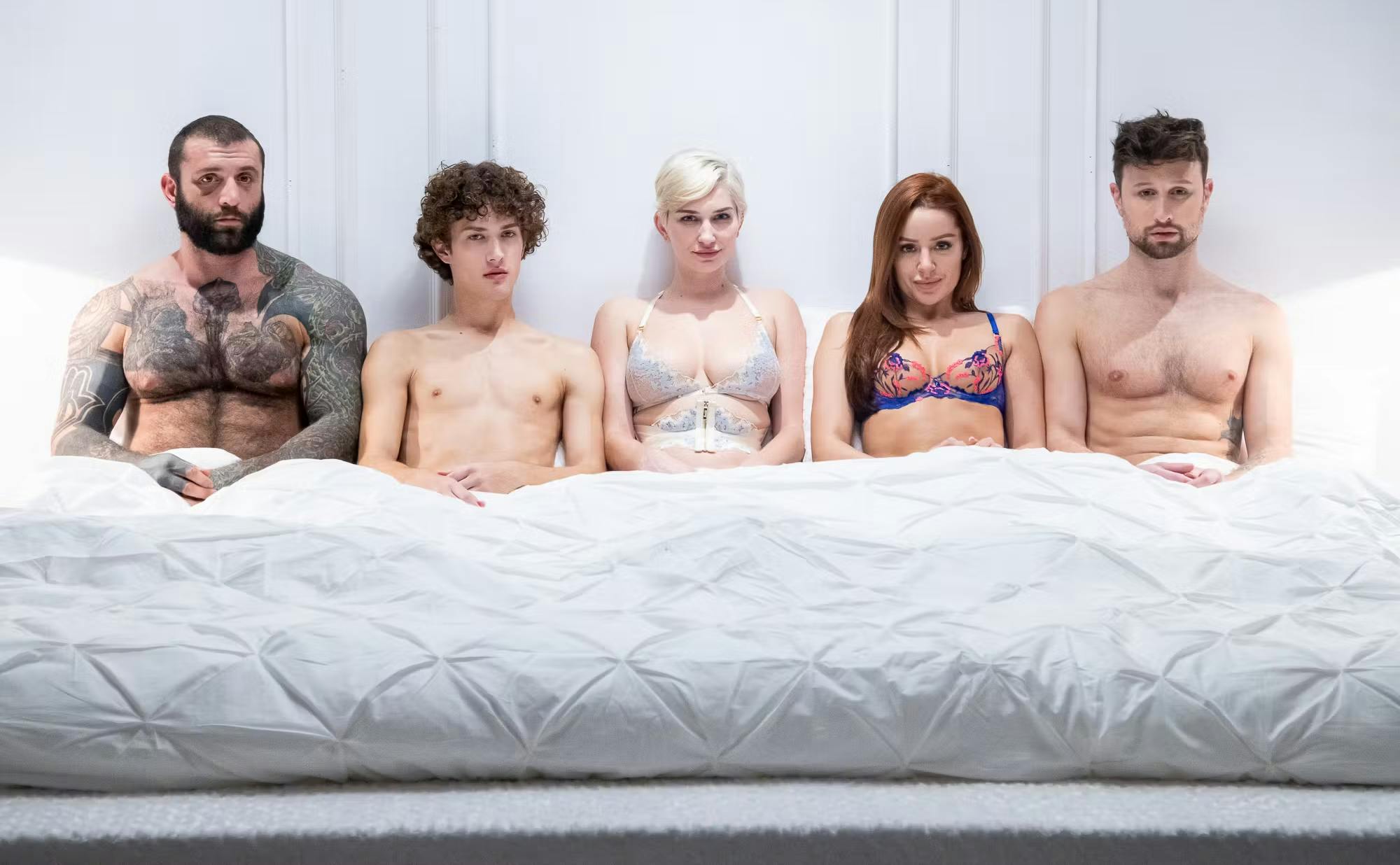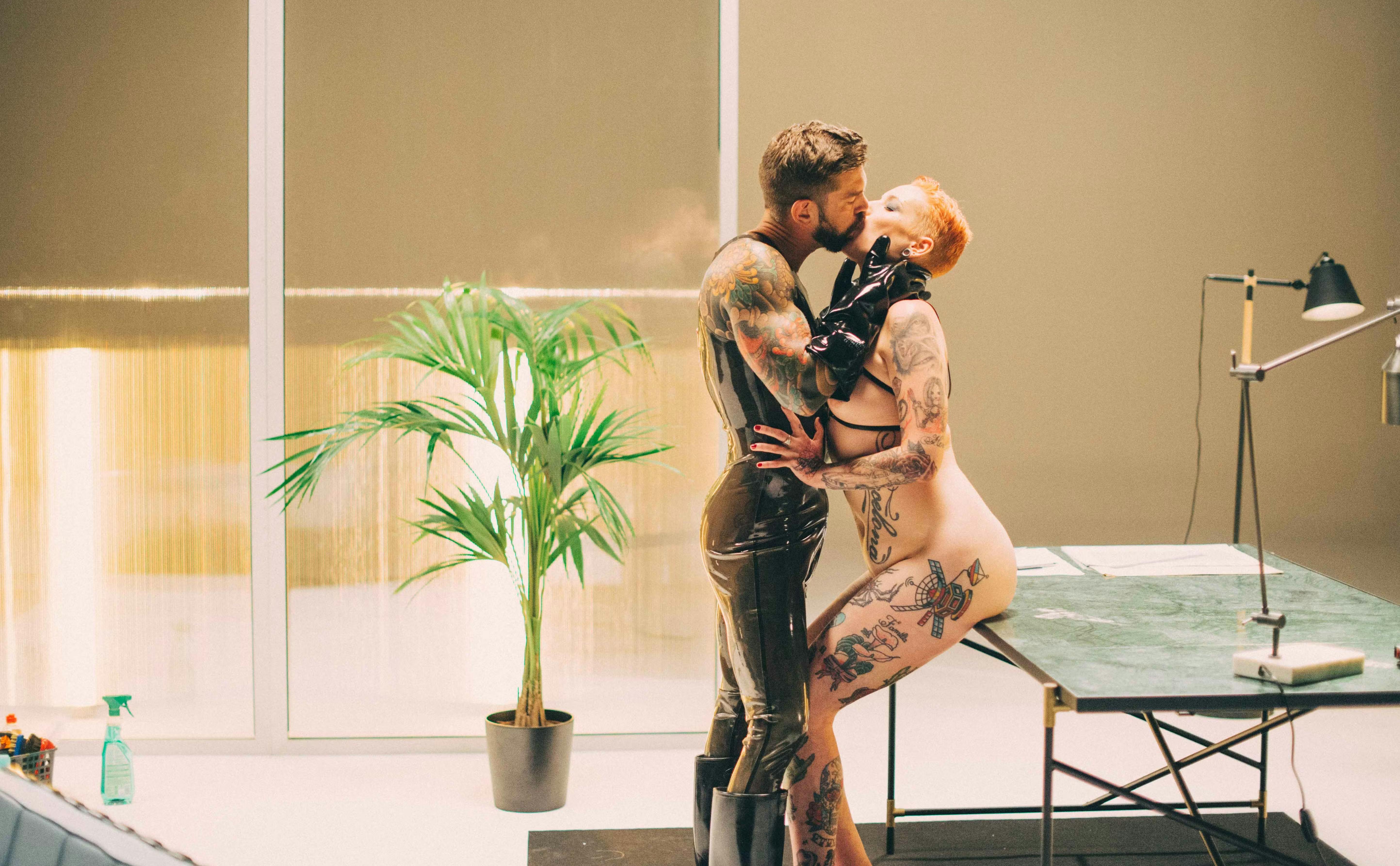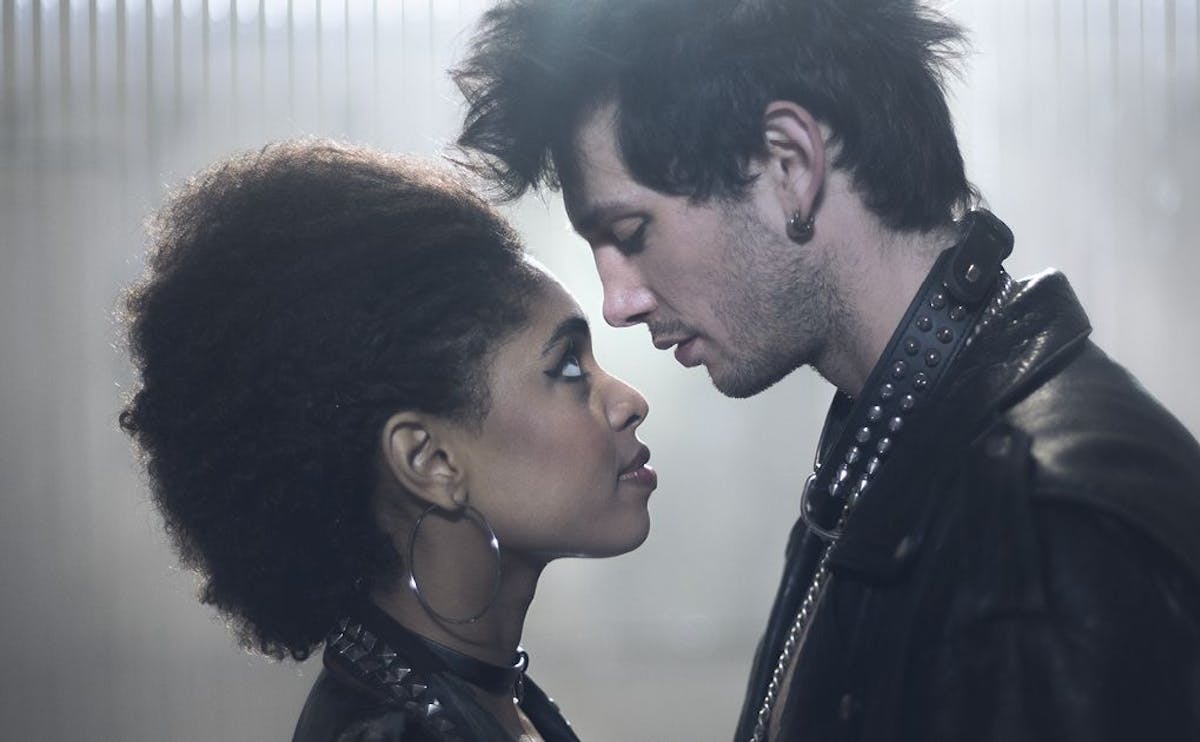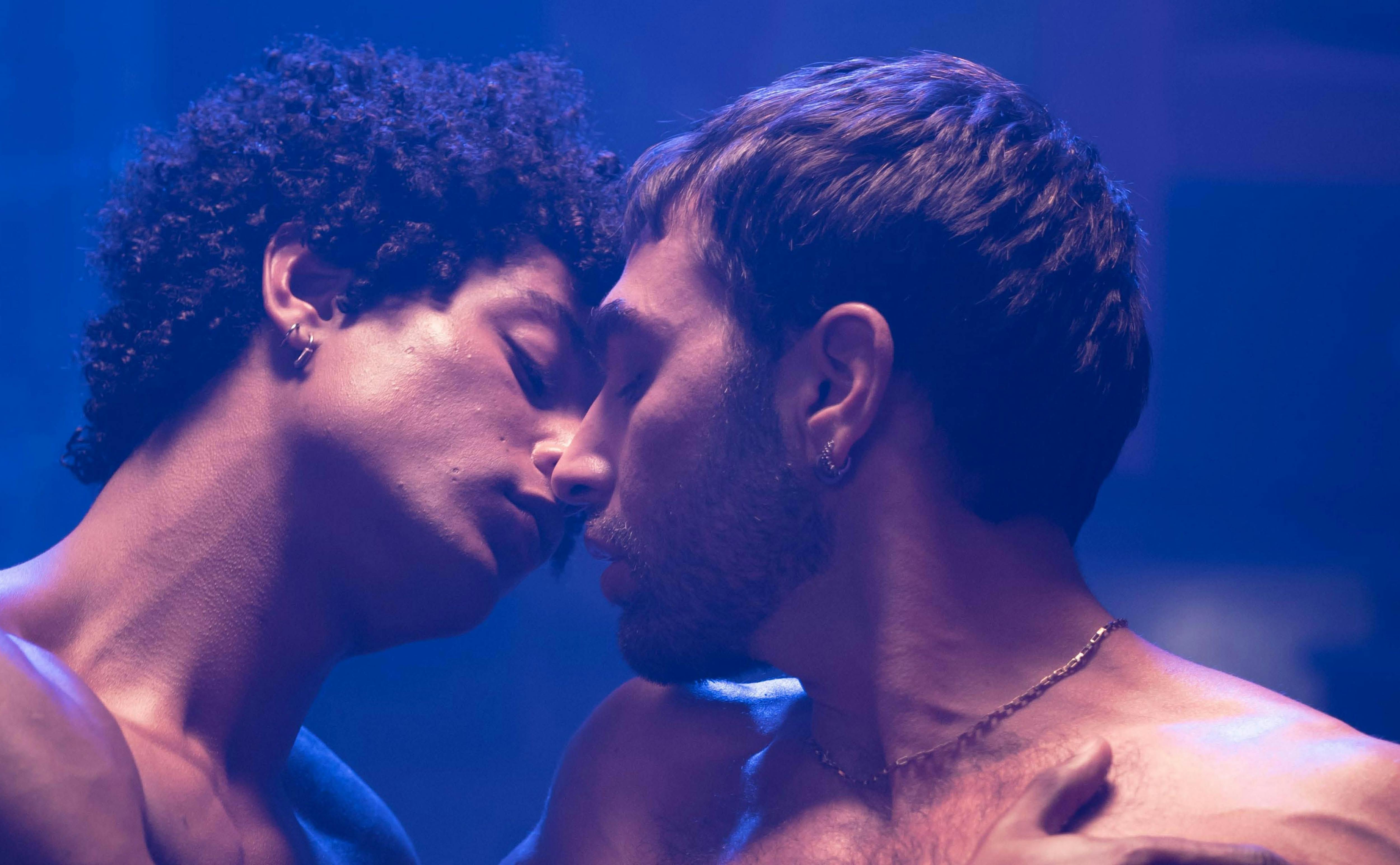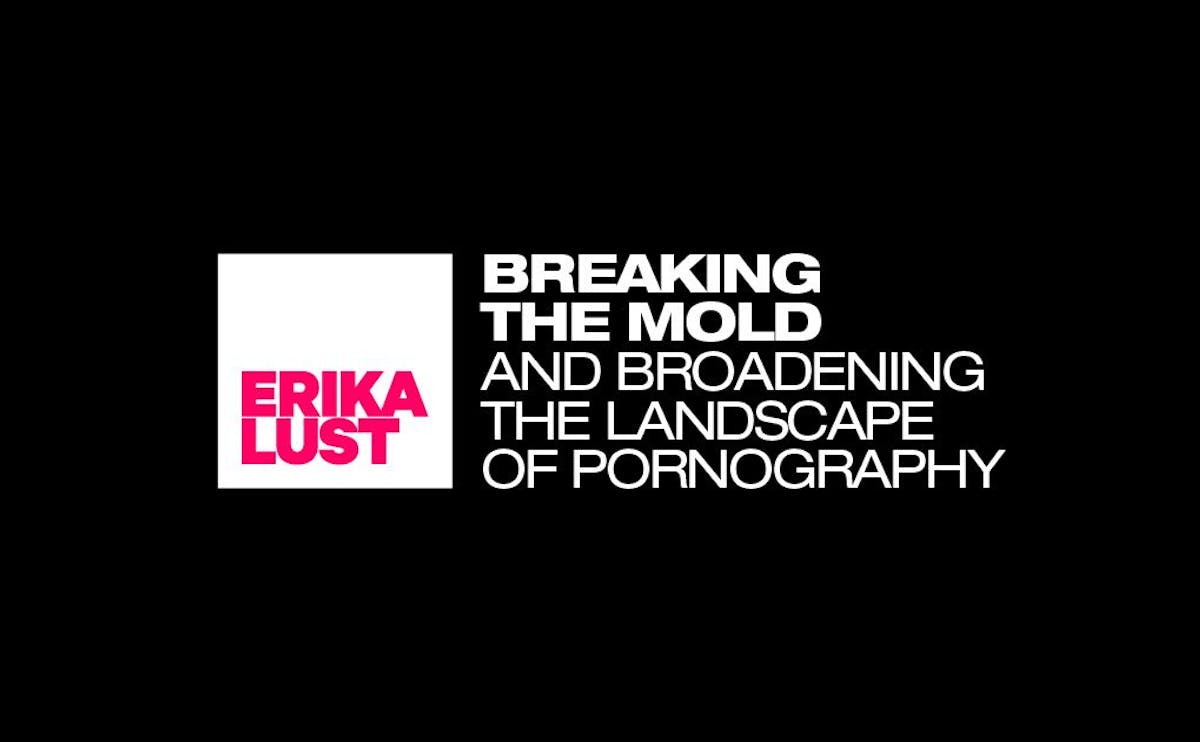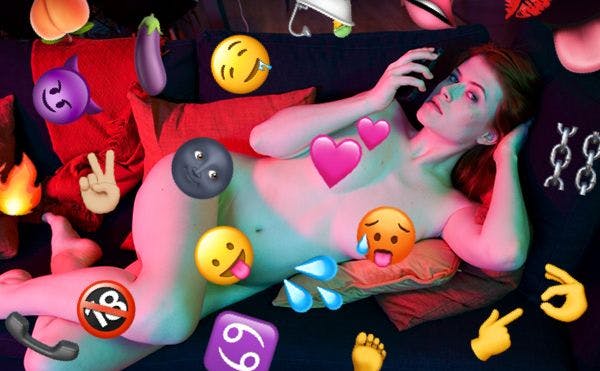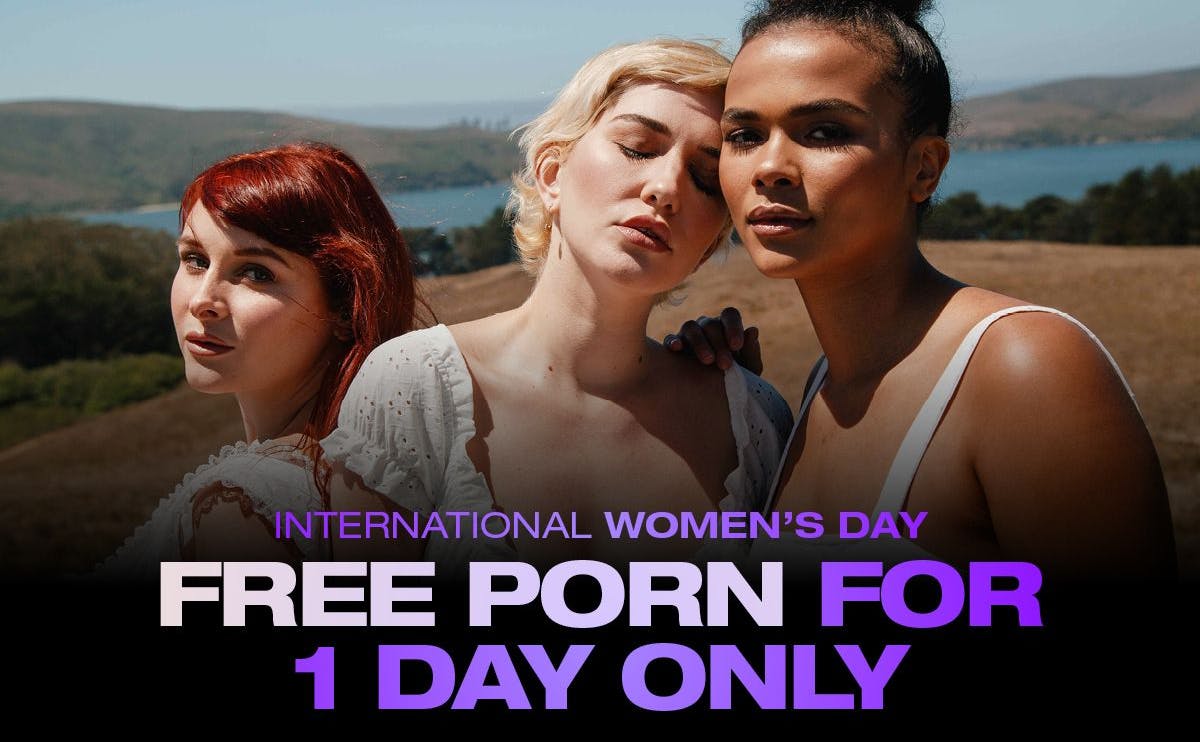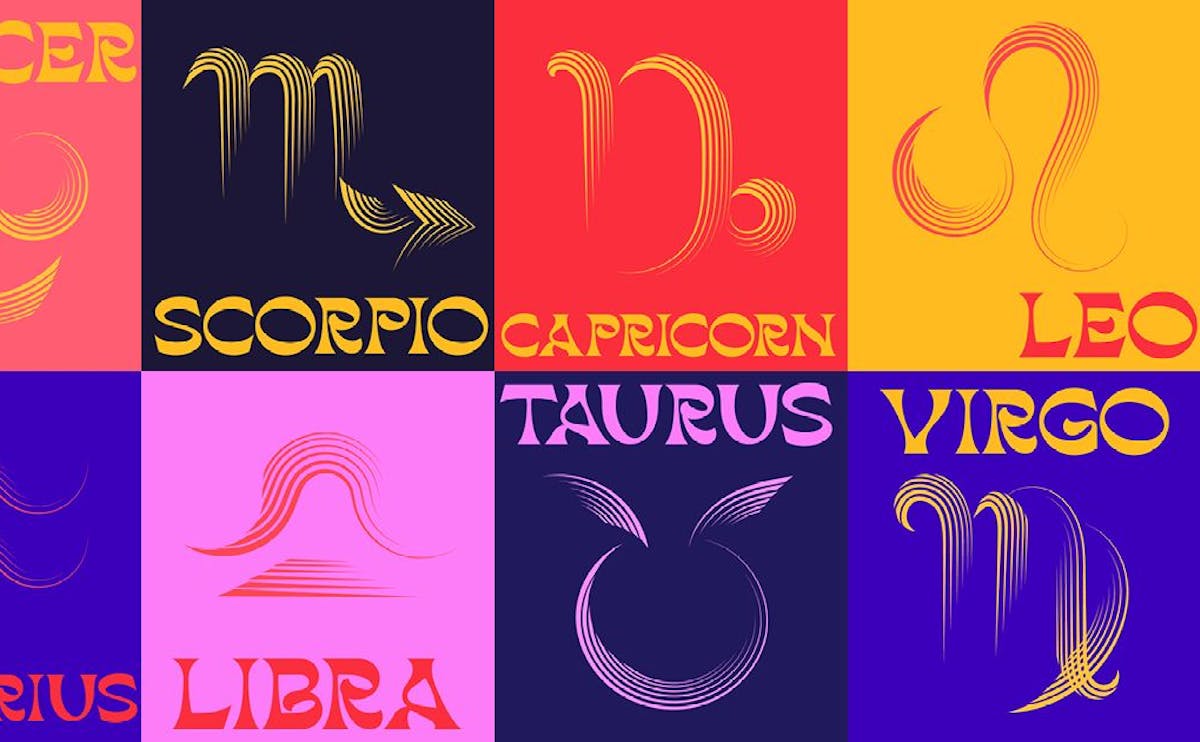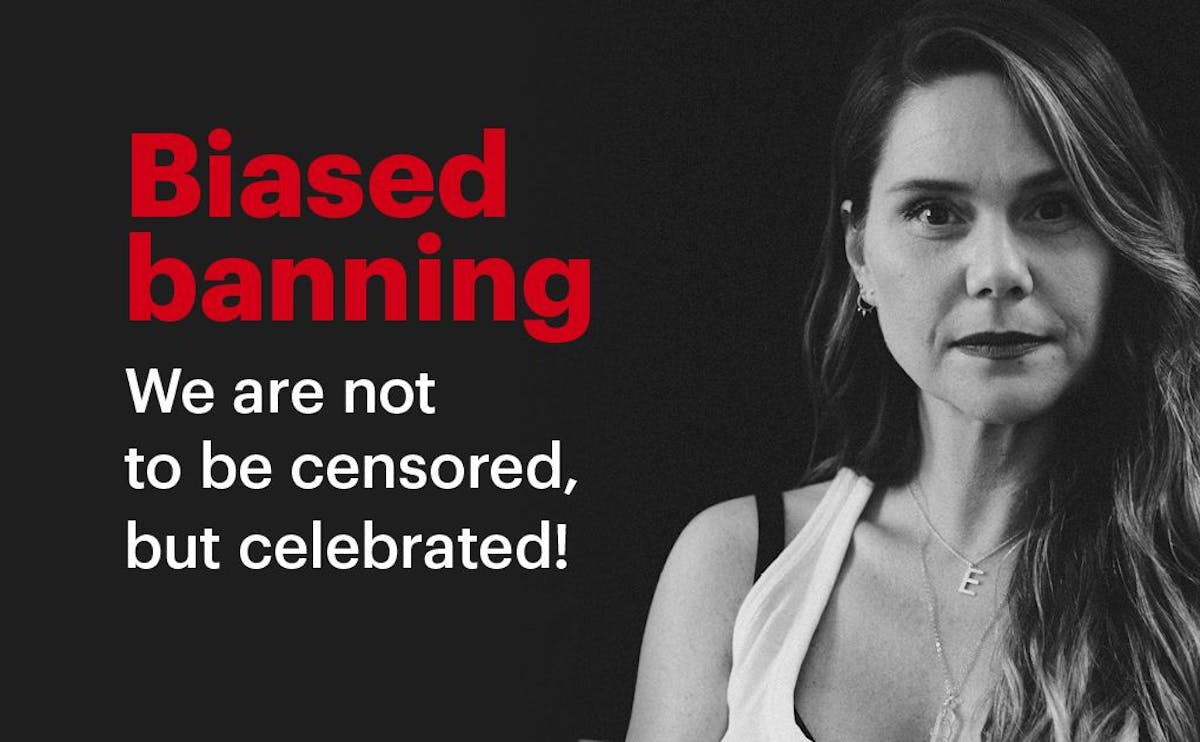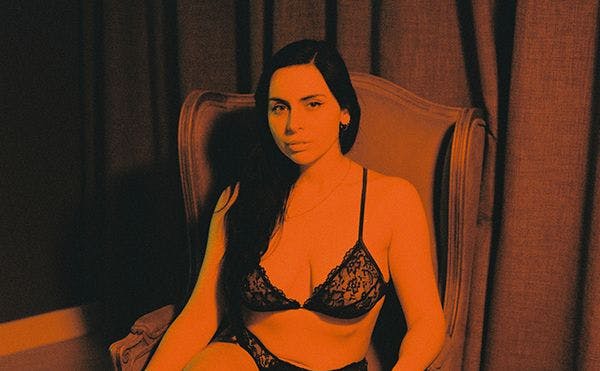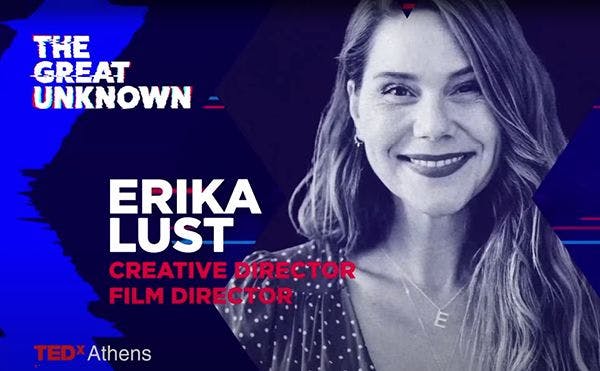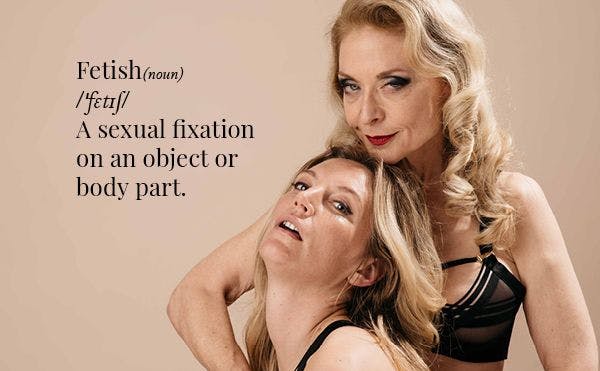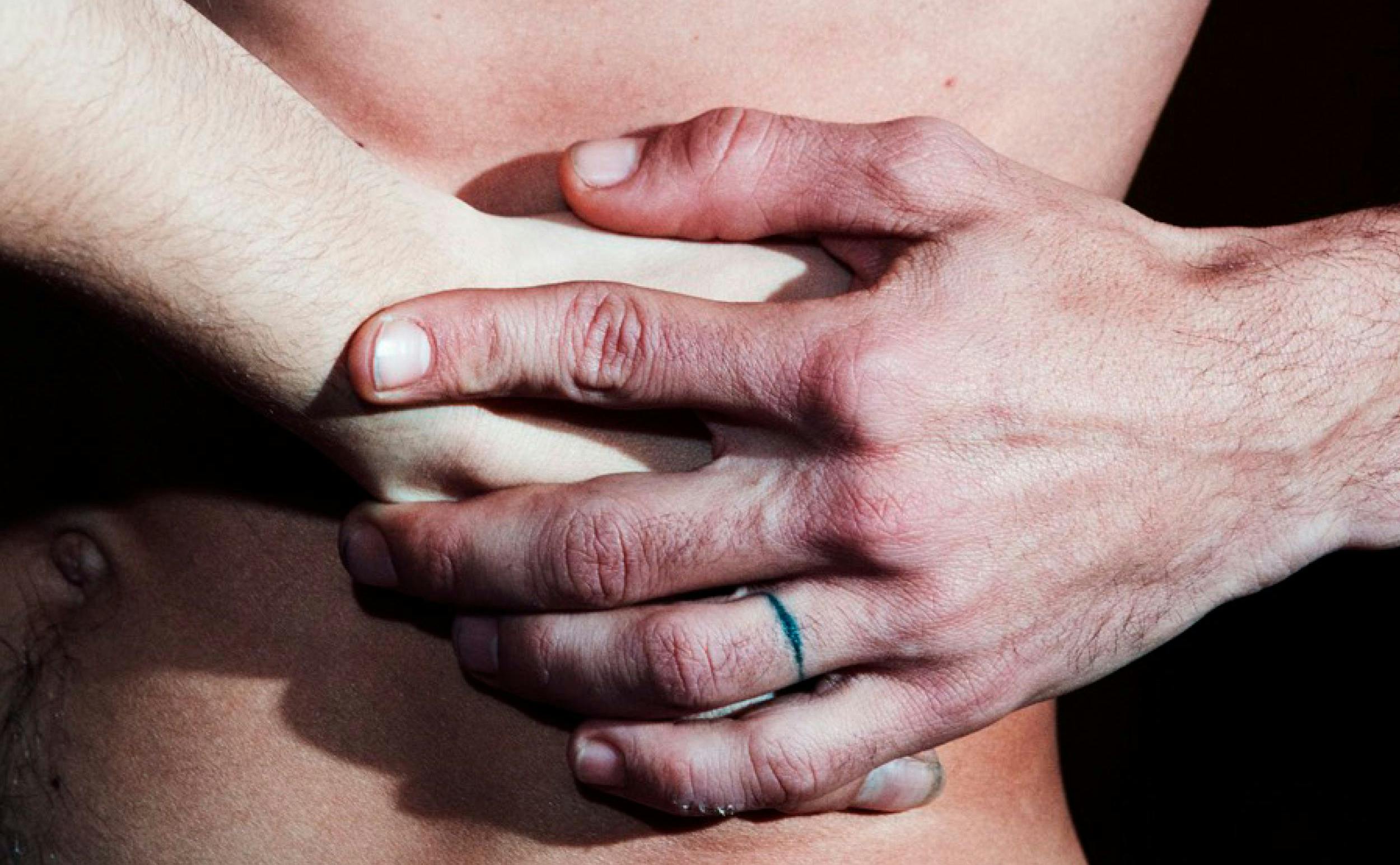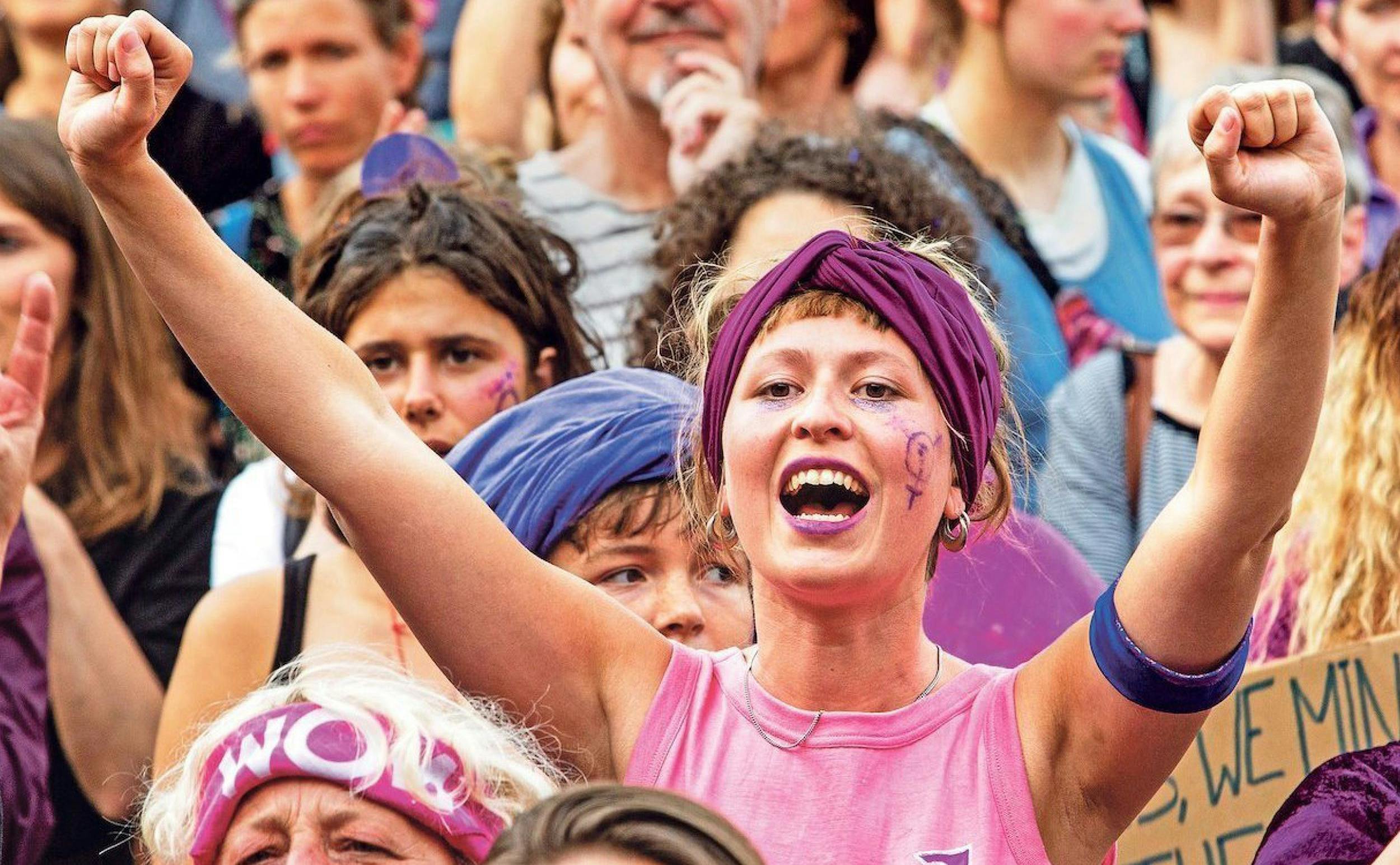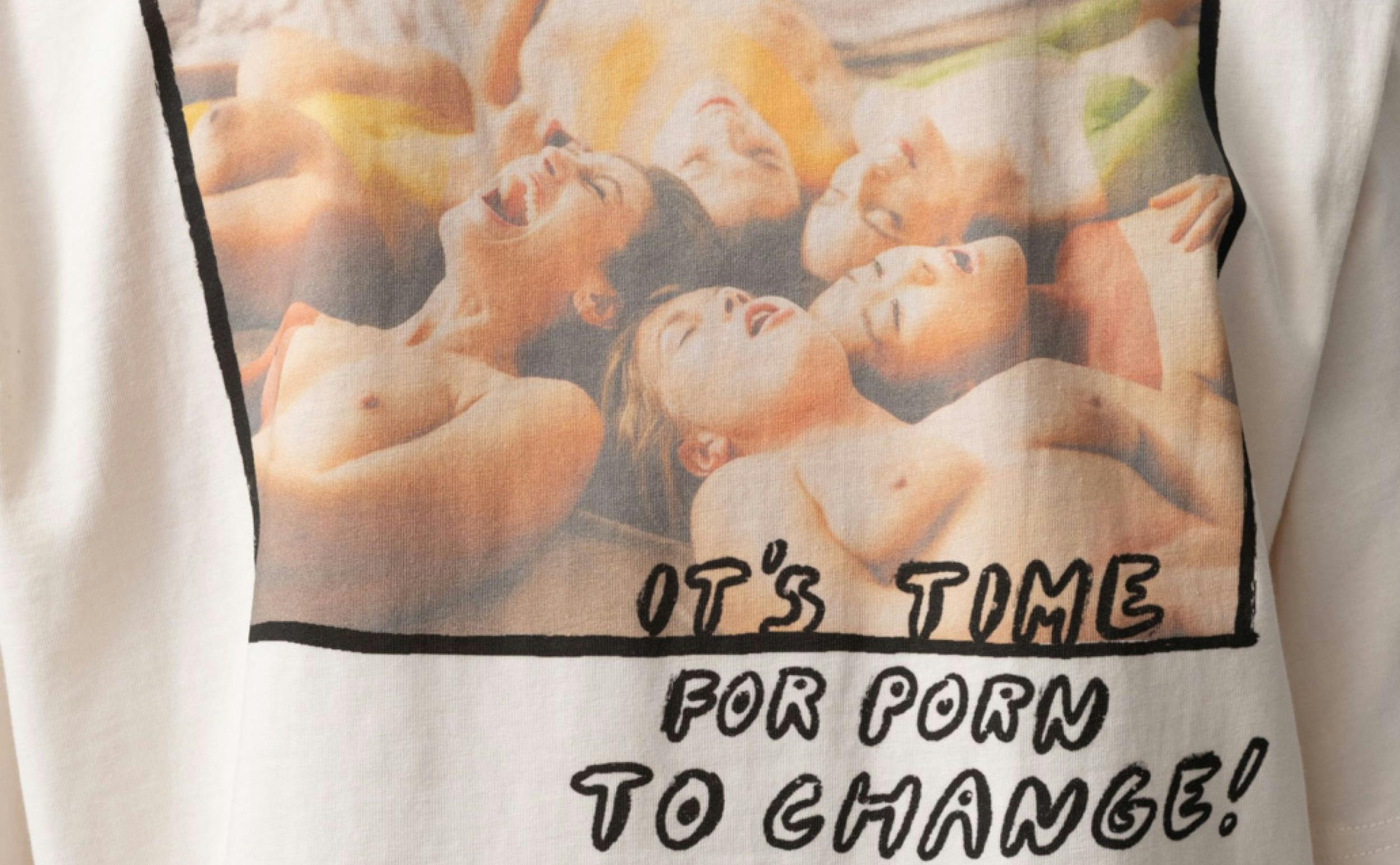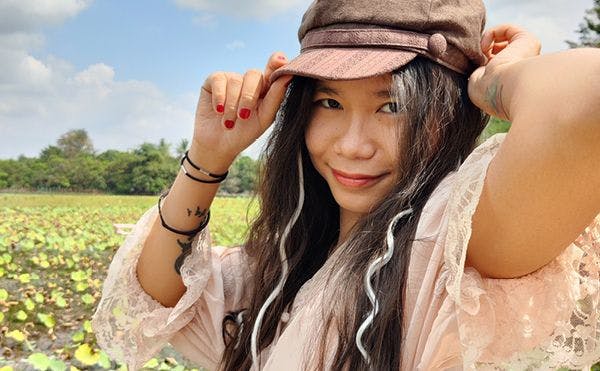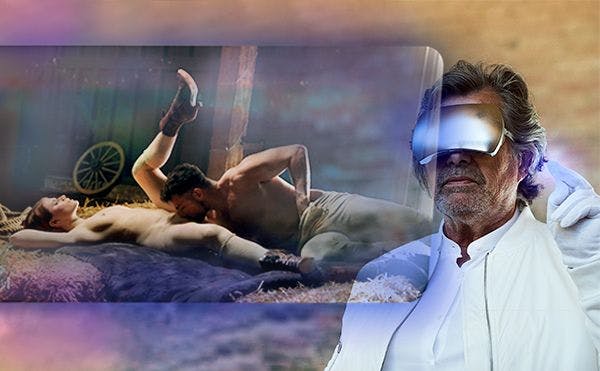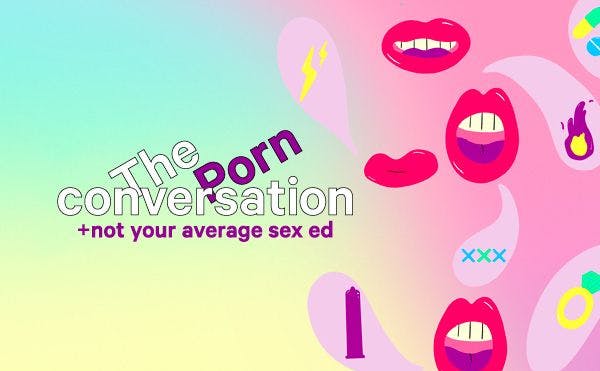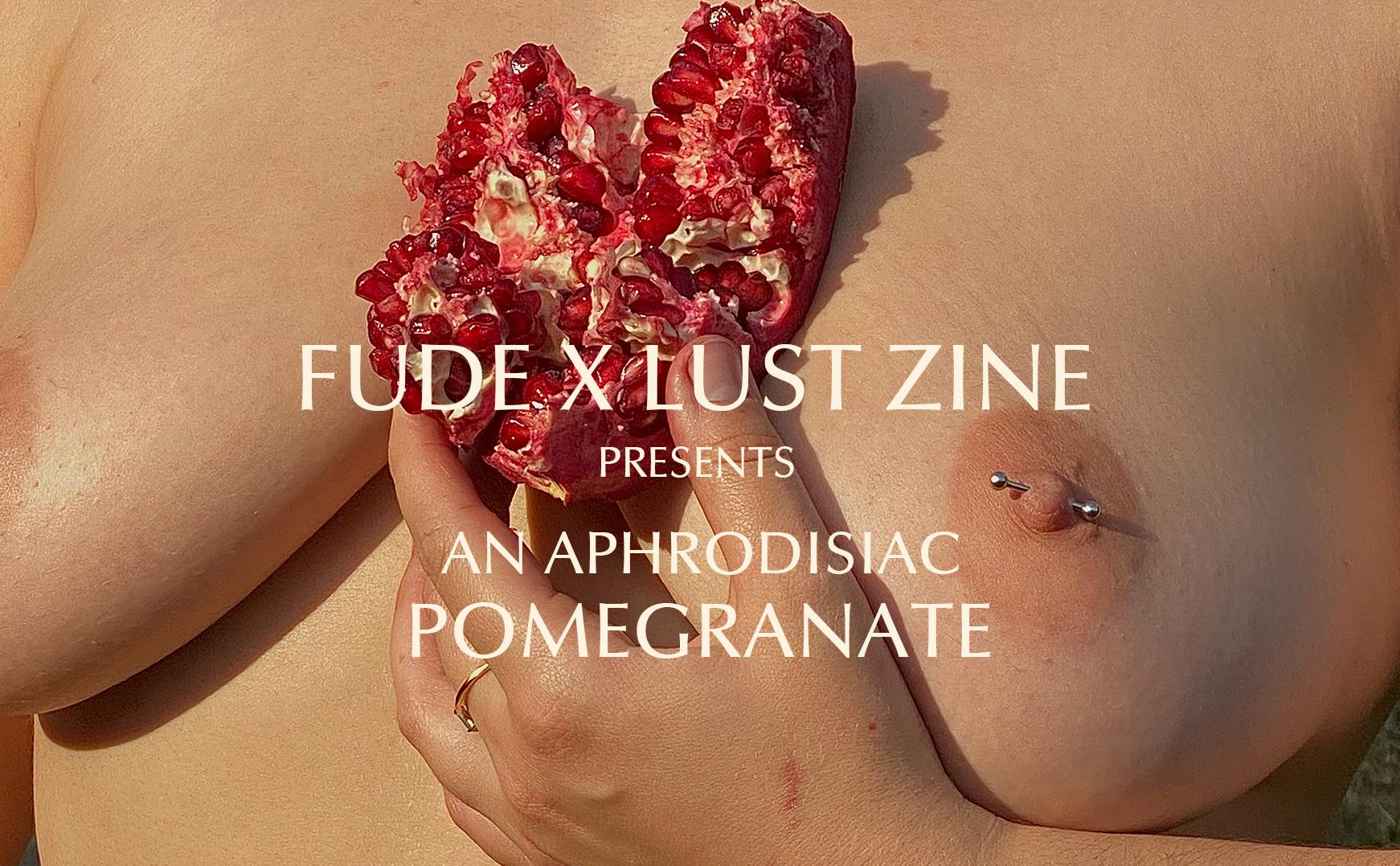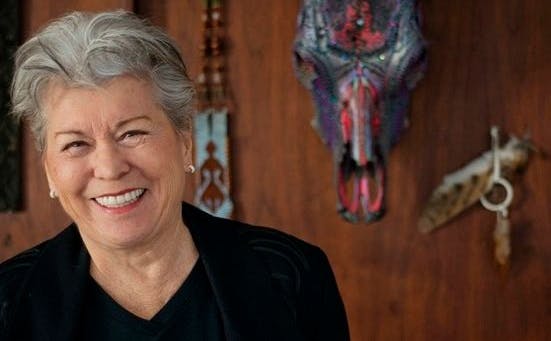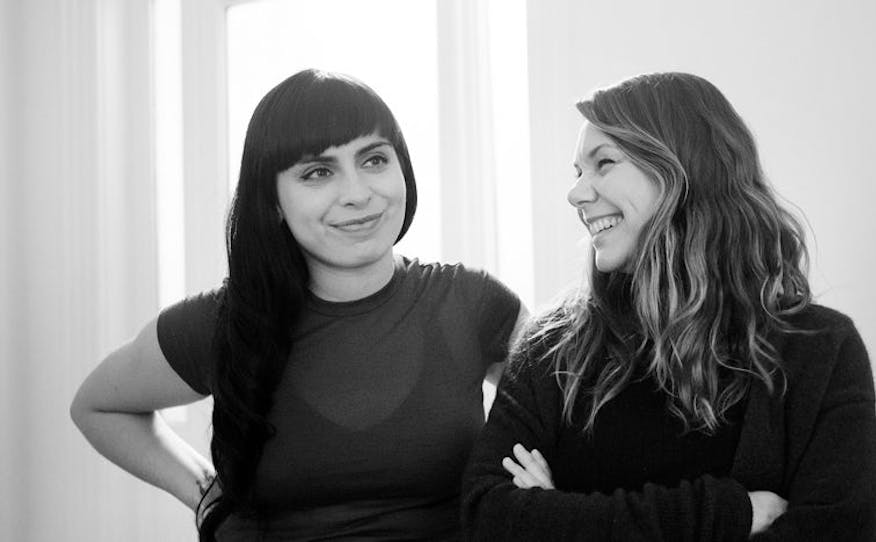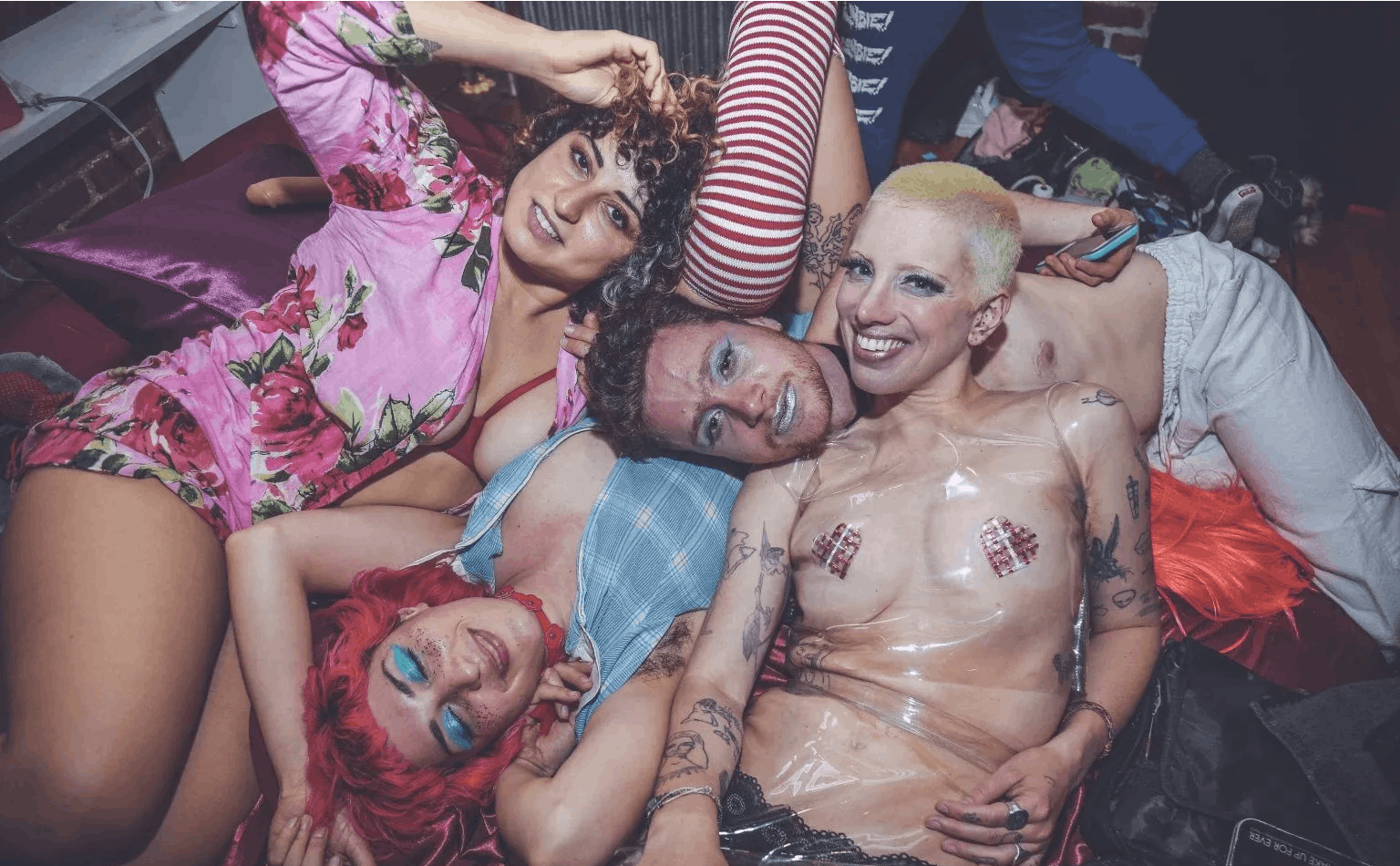

These Four People Want You To Think About Intersectional Pride
These Four People Want You To Think About Intersectional Pride
This Pride I want to look at the critical role that intersectionality plays in the fight for LGBTQI+ rights and how other marginalised identities within race, gender, class, ability and sexuality experience discrimination differently. We know that the Stonewall riots were led by people of colour, trans women and sex workers - yet Pride today has become increasingly whitewashed and corporate, prioritising the experiences of white, middle class, able-bodied, cis gendered gay men, and further marginalising some of it’s vulnerable community members.
For this Lust Stories interview series I spoke to four of my followers about their own experiences and why they think we need to be looking at Pride through an intersectional lens. Speaking with them was interesting and insightful, and I can't thank them enough for sharing their stories with me! Listen up, because this is what they had to say…

Sanju is a fat nonbinary person of colour from Delhi, India and their pronouns are they/them. They wear the intersectionality of their marginalized identities with pride.
Erika: Which parts of the LGBTQIA+ acronym do you identify with?
Sanju: I identify as nonbinary and gray ace.
E: Why do you want to speak about intersectional pride? How does it relate to you personally?
S: Where I come from, there is barely any queer representation. Growing up I did not have any queer friends or queer adults to look up to, to relate to, which is unusual because queer people have always been here, perhaps being forced to hide in the wings. It is important to see this lack of representation through the lens of intersectionality because it is directly related to my POC identity. Most indigenous Indian languages are gendered and lack the vocabulary for effective queer communication, denying queer folks the opportunity to explore their identities and define it with accurate terminology. We must think whether this language barrier is a trickle-down evolutionary effect of colonialism; because Indian culture, heritage, archaic languages (like Sanskrit) and religious texts have historically been representative of gender fluid and sexually fluid identities.
"Queer folks have so many different lived experiences, often intertwined with other marginalized identities. Even within the queer and bipoc community, there is this unacknowledged social hierarchy of desirability."
E: Why do you think it’s important that we celebrate Pride through an intersectional lens?
S: Pride isn't a 'one size fits all' experience. Queer folks have so many different lived experiences, often intertwined with other marginalized identities. Even within the queer and bipoc community, there is this unacknowledged social hierarchy of desirability. It's about time we sit back, hand over the mics, and really listen, until the quietest queer person feels heard and safe enough to speak.
Besides transness has inherently been associated with thinner bodies, which is where fat liberation meets queer advocacy. Intersectionality makes space for queer people of all shapes and sizes.
E: What do you hope to see for the future of the LGBTQI+ community?
S: I hope to see gender neutral language and fluidity in gender expression being normalised in my country. I hope we can escape the hetero-cis-normative conditioning that i had to grow up with, so the generation that comes after me doesn't have to be deemed 'brave' to be authentically themselves.

Cain is Black and living in a small town in California. They dream of leaving their town to travel and grow their own roots somewhere new.
Erika: Which parts of the LGBTQIA+ acronym do you identify with?
Cain: T-trans (I am nonbinary)
+-I am Pansexual
E: Why do you want to speak about intersectional pride? How does it relate to you personally?
C: I want to speak about intersectional pride to remind folks that Pride isn’t just for cis white gay men or “palatable” lesbian couples or corporations changing their logos rainbow for a month. There is so much more to us than that.
E: How (if you do) do you celebrate Pride?
C: Small gatherings with friends, reflection alone, big Pride events rarely.
"I want to speak about intersectional pride to remind folks that Pride isn’t just for cis white gay men or “palatable” lesbian couples or corporations changing their logos rainbow for a month..."
E: Why do you think it’s important that we celebrate Pride through an intersectional lens?
C: We can’t lose sight of how we got here. We can’t forget the elders who fought and died to bring us the rights we have now, and we can’t give up fighting to be heard, seen, and recognized.
E: What do you hope to see for the future of the LGBTQI+ community?
C: Solidarity, community, more of us in public office.

Hannah Heart is an Erotic Embodiment Mentor and Muse, on a mission to activate freedom and prosperity for the soulful sluts residing on planet earth.
Erika: Which parts of the LGBTQIA+ acronym do you identify with?
Hannah: I am Queer af!
E: Why do you want to speak about intersectional pride? How does it relate to you personally?
H: In my work as a muse and sex worker and just life in general, I tend to present feminine. I want people to understand the that feminine presenting folks can identify as not just queer in their sexuality, but also fluid and nonbinary in their gender. People tend to get confused when I explain my gender experience as nonbinary because I have big boobs, juicy lips, and I wear makeup! We dont need to look androgynous to know our souls are not just one gender.
E: How (if you do) do you celebrate Pride?
H: I celebrate pride by making a point to reach out to my queer friends around the world, highlight queer artists on my socials, honor my queer ancestors (especially trans black sexworkers) and just do the best at being myself as I can!
"People tend to get confused when I explain my gender experience as nonbinary because I have big boobs, juicy lips, and I wear makeup! We dont need to look androgynous to know our souls are not just one gender."
E: Why do you think it’s important that we celebrate Pride through an intersectional lens?
H: Yes, there is so much going on for people behind the rainbows and parades. Looking at and working to overcome the discrimination within the queer community is so important.
E: What do you hope to see for the future of the LGBTQI+ community?
H: I wanna see more celebration and support of queer SWers. I really believe that SWers set trends in the realm of intimacy but don't get enough credit for how vulnerable and transformative their work really is.

Angel is a writer and student of administrative management from Venezuela but living in Spain, who is passionate about art, nature, eroticism and defender of the rights of children, the LGBTQIA+ community and animals.
Erika: Which parts of the LGBTQIA+ acronym do you identify with?
Angel: I identify with as queer because I have always been "weird", I never identified as what society considers "heterosexual" or the concept that they taught me of being "homosexual". Growing up in a deeply macho society in Venezuela it is not surprising I had to follow gender roles and try to be like others, I hated myself for being "me”… society always noticed that I was "weird" and that is the reason why I was always discriminated against.
I consider myself a spiritual person, but I don't usually share the same God of the traditions and religions of society… but I believe in love as a God; because love is a universal virtue. Thanks to my life experiences I opened my mind, and thanks to many men and women who advocate for the rights of the LGBTQIA + community, today I live with less fear, more free with the determination to help everyone who is in the same position that I ever was.
E: Why do you want to speak about intersectional pride? How does it relate to you personally?
A: I want to talk about intersectional pride because even in today's society, a lot of education is needed on this subject. We have normalized attitudes and thoughts that hurt other people and make them feel inferior or oppressed; and that is why it is important to give them a voice.
It should be noted that I am from Venezuela (a deeply macho and homophobic country) and despite the fact that it is not illegal to be part of the LGBT group, people who belong to this group suffer many stigmas and even more if they have something else different such as skin color, weight, religion or even nationality.
Today I am who I am thanks to all those LGBTQIA + references that I saw in the past and sometimes I wonder what would have happened to me if I didn't have these references. Well… Most likely I wouldn't be here telling this story. This is to give you an idea of how important it is to know this, intersectional pride can save lives.
In the past; I felt a lot of frustration and when I emigrated this worsened since now I had to fight against racism and the feelings of inferiority that society caused me, I cannot say that nowadays I do not receive rejections for my nationality, stature or "unconventional" beauty (from the point of view of European standards) but what has changed is my way of dealing with rejection thanks to the presence of referents who represent me in society. Thanks to this I discovered that I am Queer and that I deserve to have a voice in this society.
"In the LGBTQIA + community it is essential to celebrate pride under an intersectional lens, even in LGBT dating apps there is often a lot of discrimination. We normalize things like "no fag" "macho" "no fat people" "no foreigners"..."
E: Why do you think it’s important that we celebrate Pride through an intersectional lens?
A: It is important to give visibility to minorities because they suffer more pressure and injustices; There are still many people who think that making a minority or vulnerable group visible is a privilege, but it is not … It is humanizing a group that has been dehumanized and a lot of education is still needed inside and outside the LGBTQIA + community.
In the LGBTQIA + community it is essential to celebrate pride under an intersectional lens, even in LGBT dating apps there is often a lot of discrimination. We normalize things like "no fag" "macho" "no fat people" "no foreigners" when I see this, I ask myself, when was the spirit of brotherhood of the LGBTQ community lost? And what can we do to get it back?
In my personal experience (this being just an anecdote and not a reality for all people) being Latino, people tend to consider me as "something" and not as "someone", many people will not take me into account for many things only because of my nationality, but the same is suffered by transgender people, non-hegemonic people (with different weight, height and race), queers, masculine lesbians and feminine gays, because being different is usually a disadvantage for primitive men - to be different was “bad” for the community, we must learn to leave behind the primitive man and woman and make way for the virtuous human that we all carry within, regardless of your race, gender identity or sexual preference.
E: What can we do to promote the visibility of minorities in the LGBTQIA + community?
A: We can do multiple acts such as:
- Observe ourselves and recognize whether or not we have been racist or micro racist at some point (in addition to recognizing fatphobia, xenophobia and even homophobia aswell)
- Promote and support queer or non-hegemonic creators, as well as discourses of integration.
- Create more content that represents these minorities and vulnerable groups in normal situations without dehumanizing.
- Give job opportunities to content creators, professionals, actors, models for adult entertainment, etc. that are varied and do not always meet a hegemonic standard.
- Recognize that it is a real and important fight and cause.
- Give voice and vote to any respectful opinion that you want to contribute or improve to this cause, as well as investigate all points of view and listen to contrary ideas to form your own criteria. (As long as this criterion promotes virtues that collaborate in the progress of society.)
- Share information and create education and dissemination plans in countries where they do not enjoy the same rights and opportunities as us. (Sharing LGBTQIA + educational information can be life-changing for people living in countries that violate these rights, as it reminds them that they are not alone and that it is important to fight for equality.)
- And finally, be civic and develop virtues such as love and respect for all people equally, put them into practice both in the online and offline environment, as well as acquire moral responsibility for our actions even in dating applications.
Enjoy 50% off XConfessions to Celebrate Pride
We're celebrating Pride Month on XConfessions with 50% OFF all subscriptions! Come and explore our extensive catalogue of indie erotic movies that celebrate all different gender identities & sexualities. Get it now!
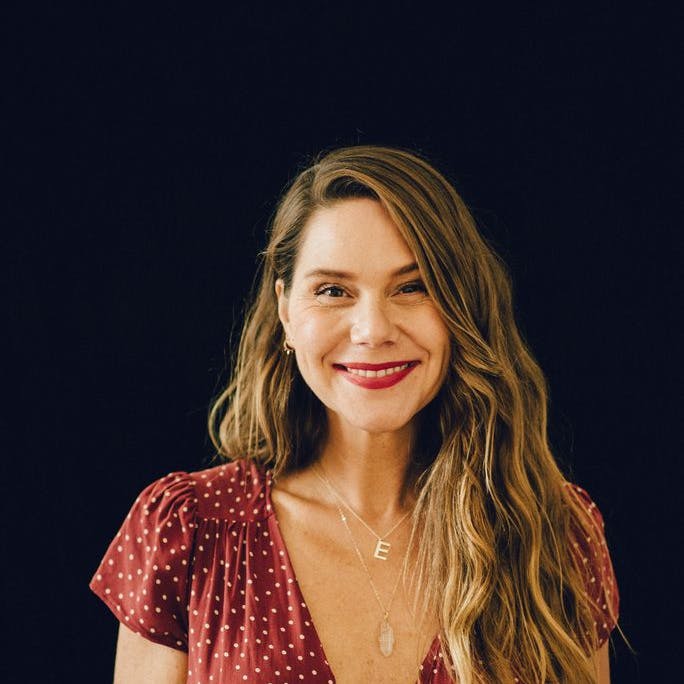
GET A FREE MOVIE
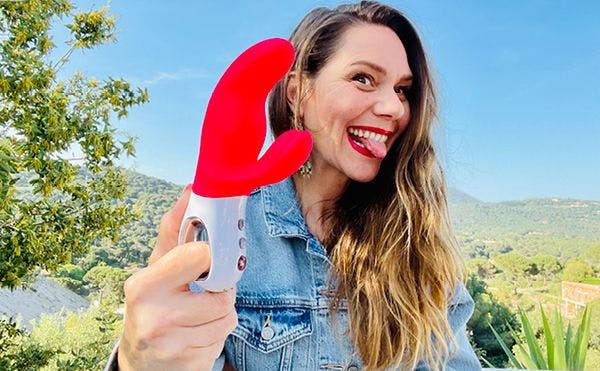
The Erika Lust Masturbation Month work perk: upgrading our 30 minute daily masturbation break!
by Erika Lust
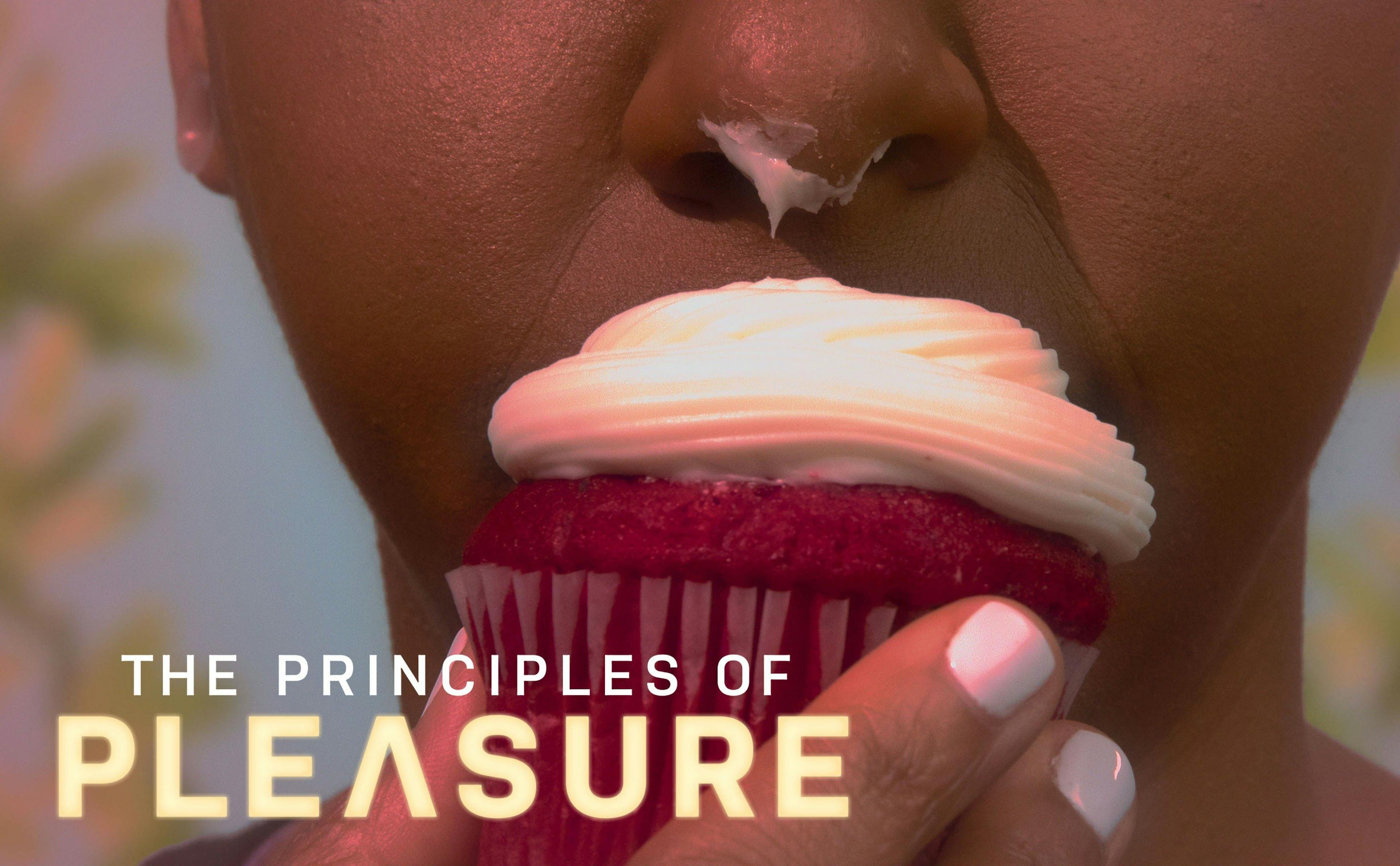
Netflix’s new Mini-Series “The Principles of Pleasure” and why we love to be part of it
by Erika Lust
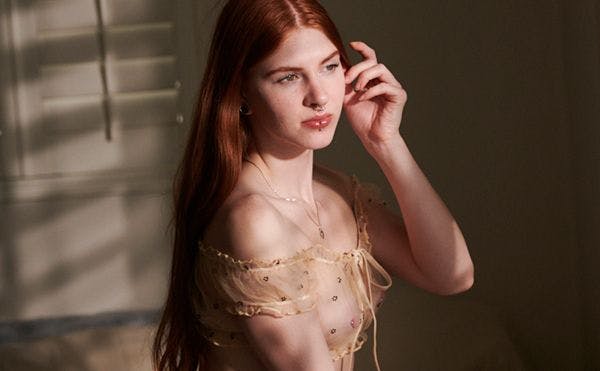
The Lust Report: Has the pandemic shifted how women feel about sex & pleasure?
by Erika Lust



